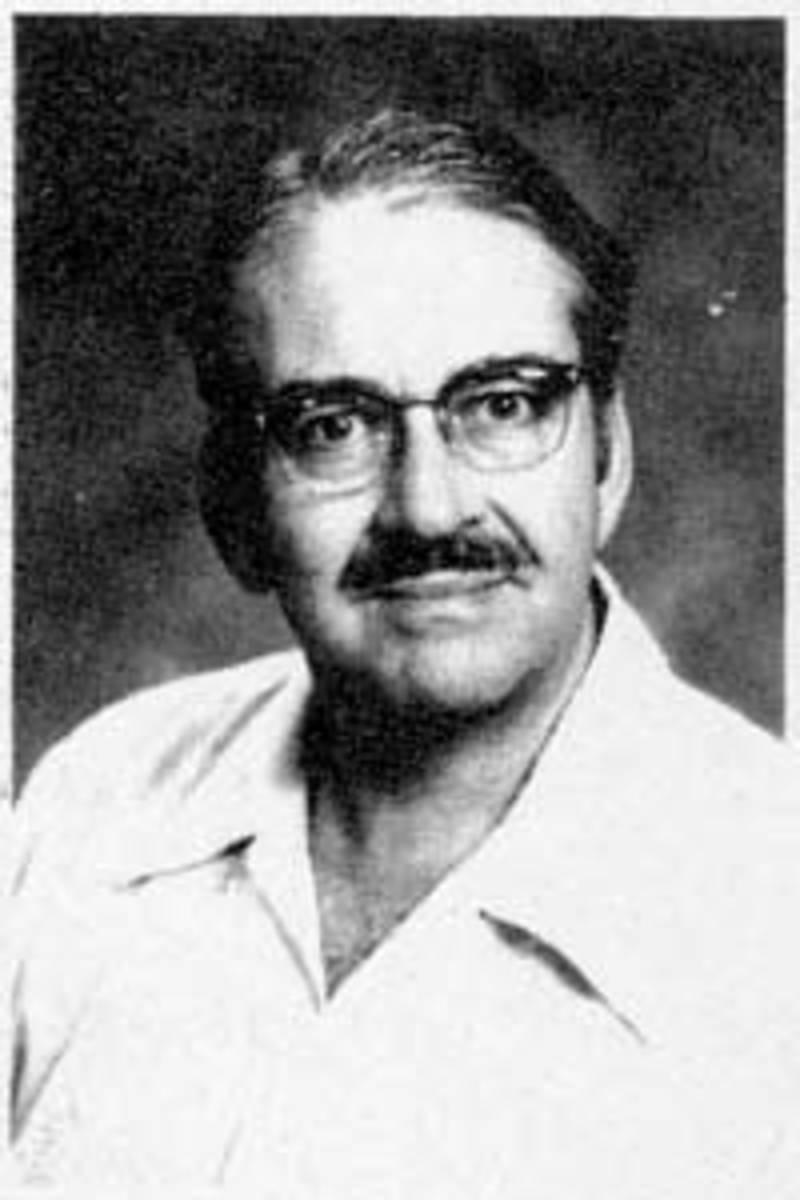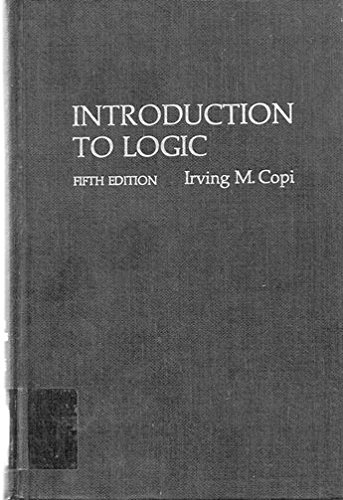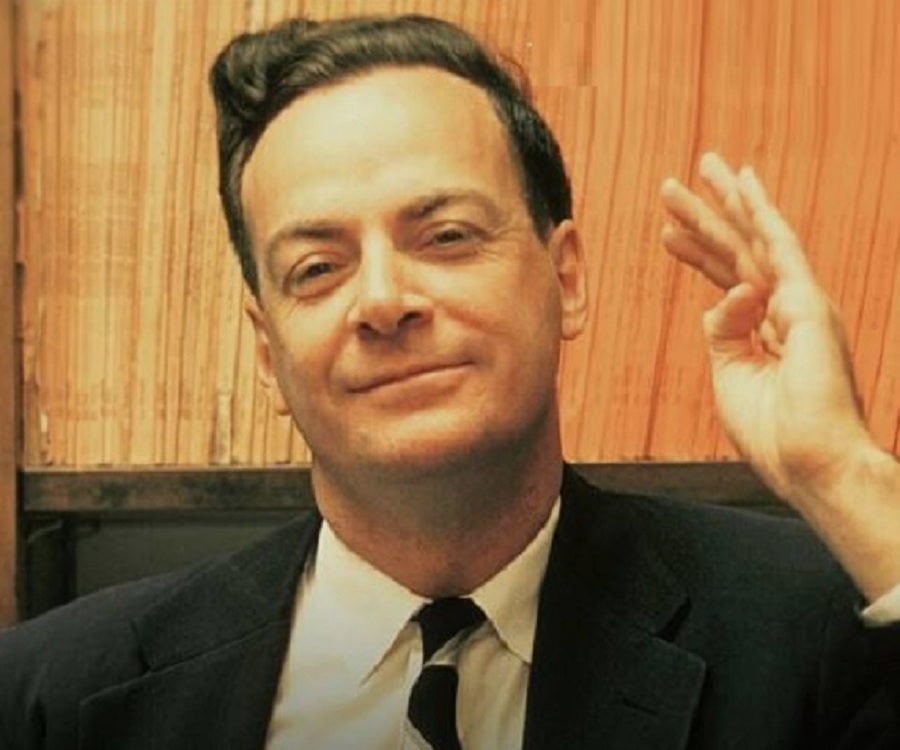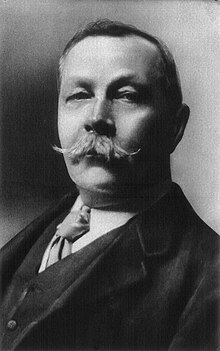Can be summarized by what two renowned thinkers, Carl Sagan (astrophysicist) and Irving Copi (logician), said which highlight both concepts and its differences.
Hereto, I give you the following famous quotes from said professors and authors:
«Absence of positive proof of an occurence is positive proof of its non-ocurrence». – Copi.
«Absence of evidence is not evidence of absence». – Sagan.
The first quote implies -and that´s all logic is, a series of implications- that because there is no proof of something happening, then that something didn´t happen.
The second quote states that even though there is no proof of something happening, it doesn´t mean it didn´t happen, it just means that the evidence hasn´t been found yet.


Philosopher and logician Irving Copi and his university textbook (he wrote seven in all).

Carl Sagan (astronomer, cosmologist, astrophysicist, astrobiologist, author, and science communicator, who worte more than 600 scientific papers and more than 20 books in astronomy and other natural sciences) .
Now some practical examples:
Religion is perfectly logical. It´s logical that mankind is afraid to know itself alone in the vastness of the Universe (all of space and time, or spacetime and its contents). Therefore, it is logical that it had to invent religion -etymologically defined as the relationship between mankind and its maker- as a way to give some meaning to its own existence, in order to appease the uncertainty that death brings to the living.
Worldwide religion and its doctrine is neither scrutinized nor evidenced.
«What is asserted without evidence, can be dismissed without evidence». – Christopher Hitchens.

Prodigious essayist, journalist and polymath, Christopher Hitchens.
Science is perfectly rational. It observes, records, measures and predicts and it is accurate and exact. It describes the natural world in all its realms, and if it doesn´t know or understand something, it does not invent in order to interpret or justify results.
Science is scrutinized and requires proof and evidence, and if evidence of something is not found, critical thinking and its mechanisms ensure that the evidence-finding process is perfected, and until found, no claims are made.
«Extraordinary claims require extraordinary evidence». – Carl Sagan.
And let´s not forget the brilliant Richard P. Feyman (1965 Nobel physics prize winner) who famously said:
«It doesn’t matter how beautiful your theory is, it doesn’t matter how smart you are. If it doesn’t agree with experiment, it’s wrong.» And also, «The first principle is that you must not be able to fool yourself, and you are the easiest person to fool». Those are quintessential rational thinking statements.

The amazing and formidable Richard Phillips Feynman.
Another great example is the quote by Sir Arthur Conan Doyle: «Once you eliminate the impossible, whatever remains, no matter how improbable, must be the truth.»

The prolific Sir Arthur Conan Doyle.
Logic on the other hand usually goes something like this: If you are at A and you wish to to reach C, you must first reach B.
Rationality may agree with logic, but it goes further by saying: if you are at A, you may reach C by way of a different and possibly more direct path, for instance, a hypotenuse. All you have to do is find it when it is not obvious (hence, the absence of evidence quote from Sagan).

A typical problem of logic (an example):
Organizations are more logical than rational since they are based on beliefs more than proofs. For instance, core values which they use to hire and recruit, by use of psychological models (which are always biased one way or another), and are logic-based), which explains why they can get it wrong sometimes (rendering employees unhappy in their posts with so many organizational variables impacting on them in many ways), and why they say that psychology is not an exact science, and evidently so.
Logic is evident.
Rationality goes beyond the evident.
A typical solution of rationality (another example):
Marcus Aurelius (the stoic emperor), wrote in «Thoughts»: Of each particular thing, what is it in itself, what is its nature? This is a very rational statement.

Sculpture of Marcus Aurelius.
The reality is that our brains evolved in the african savannah to survive, not to understand the Universe, thus, we need specific (scientific and rational) training to overcome our logic and intuition to become critical thinkers and rationalists to go one step further: rational counter intuitive thinking to help us solve the mysteries of the natural world and discover the secrets of the Universe.
Reblogueó esto en ivanloredovidaly comentado:
The difference between rational and logical thinking.
Me gustaMe gusta